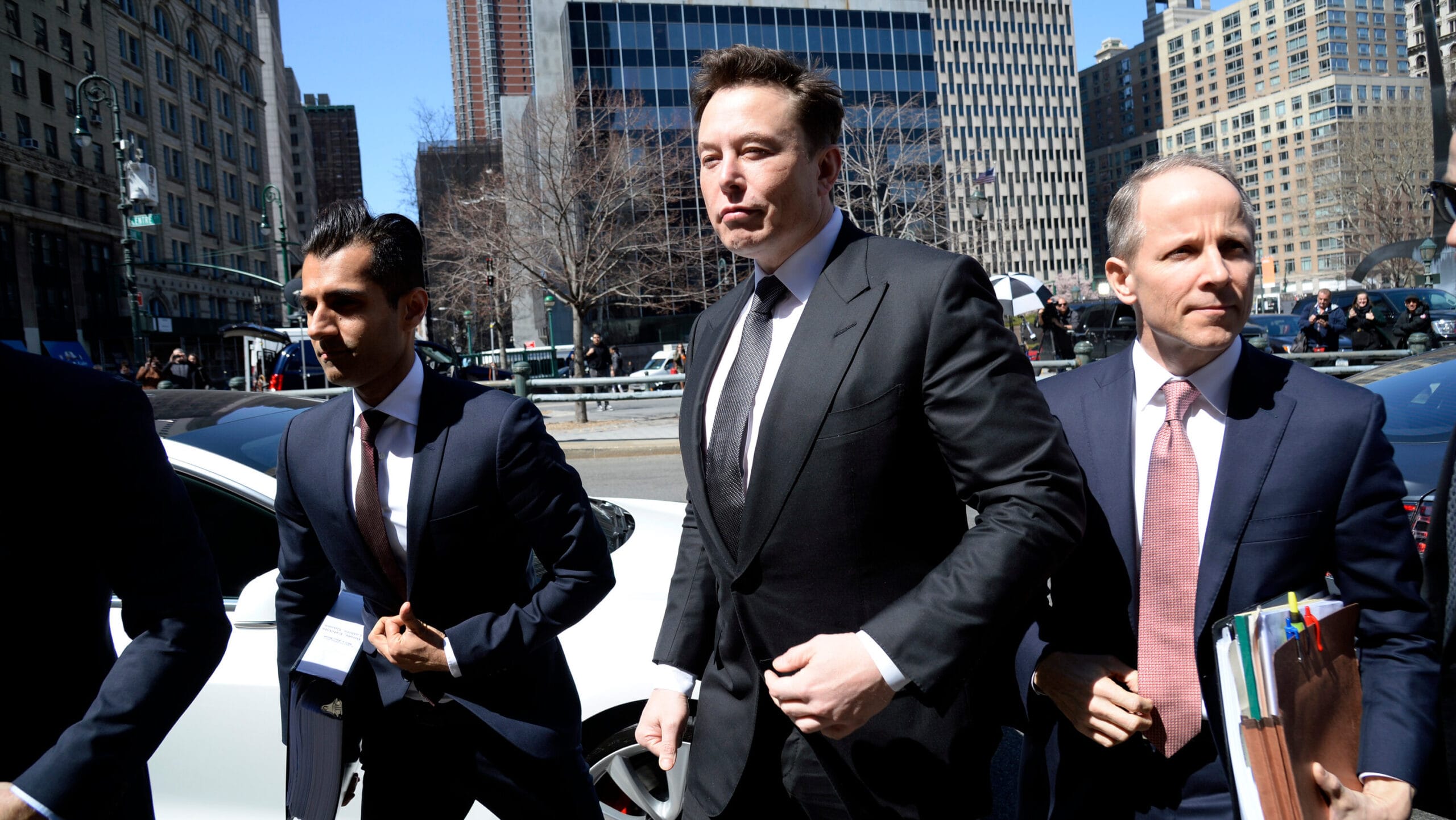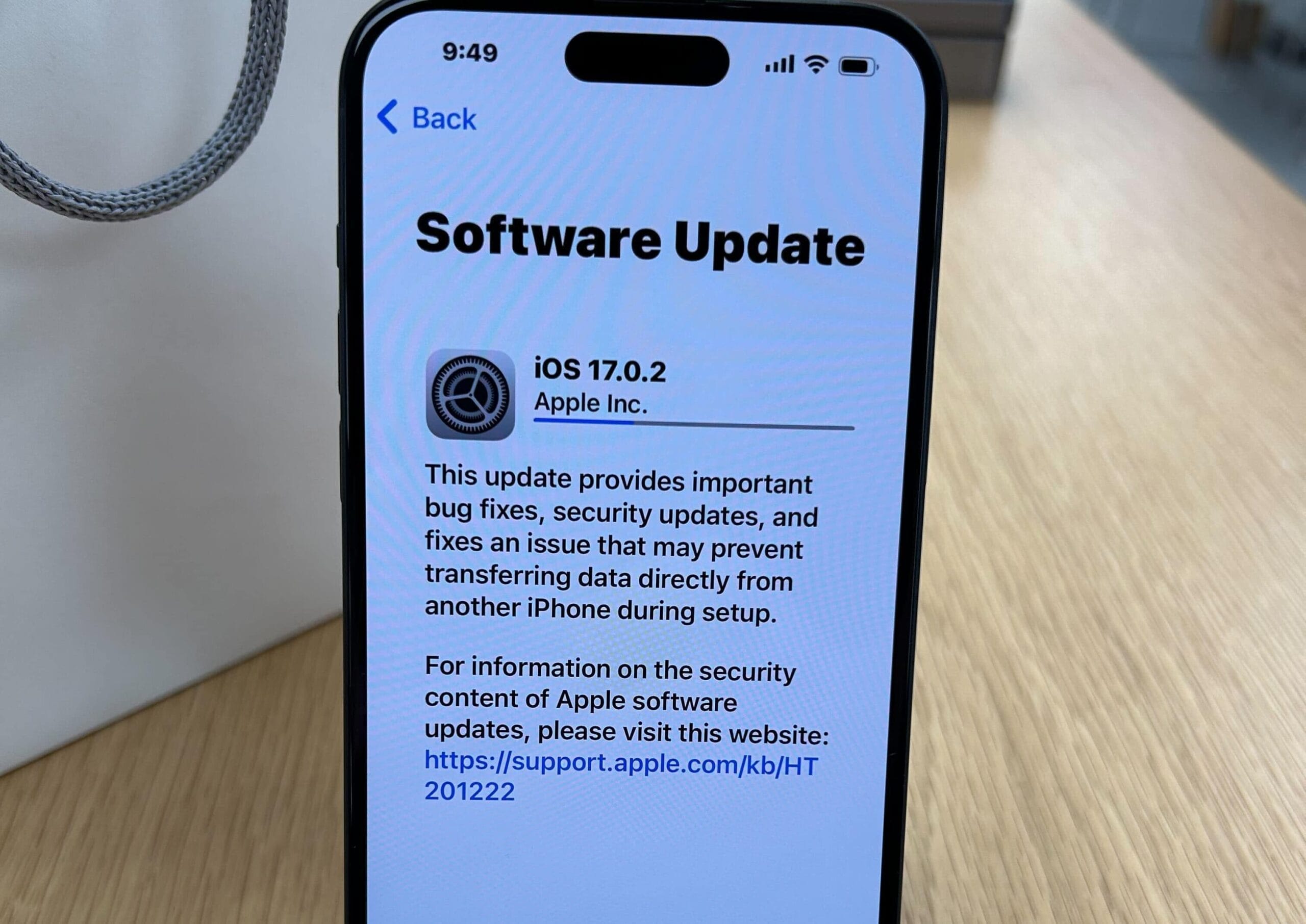Elon Musk, the CEO of SpaceX and Tesla, has once again made headlines with his comments on the potential impact of a recent Supreme Court ruling on cryptocurrency regulation. In a series of tweets, Musk suggested that the ruling could limit the federal government’s ability to regulate cryptocurrencies, including Dogecoin (DOGE).
The Supreme Court ruling in question, West Virginia v. Environmental Protection Agency (EPA), was handed down in June 2022. In a 6-3 decision, the court held that the EPA did not have the authority to regulate greenhouse gas emissions from power plants under the Clean Air Act. The court’s decision was seen as a significant victory for states’ rights and a limitation on the power of federal regulatory agencies.
Musk, who has been a vocal supporter of cryptocurrency and has even referred to himself as the “Dogefather,” tweeted that the ruling could have significant implications for the regulation of cryptocurrencies. He suggested that the ruling could limit the federal government’s ability to regulate cryptocurrencies, which could potentially gut the government’s authority over cryptocurrency markets.
However, not everyone agrees with Musk’s interpretation of the ruling. Some lawyers have pointed out that the Supreme Court’s decision was specific to the EPA’s authority under the Clean Air Act and may not have broader implications for cryptocurrency regulation.
“The Supreme Court’s decision in West Virginia v. EPA was a significant victory for states’ rights, but it’s not clear that it has any direct implications for cryptocurrency regulation,” said Jerry Brito, executive director of the cryptocurrency advocacy group Coin Center. “Cryptocurrency regulation is a complex and rapidly evolving field, and it’s unlikely that a single court ruling would have a major impact on the federal government’s authority in this area.”
Others have pointed out that the federal government has a range of tools at its disposal to regulate cryptocurrencies, including the Securities and Exchange Commission (SEC), the Commodity Futures Trading Commission (CFTC), and the Financial Crimes Enforcement Network (FinCEN).
“The federal government has a range of regulatory agencies that can be used to regulate cryptocurrencies, and it’s unlikely that a single court ruling would gut the government’s authority in this area,” said Katherine Wu, a lawyer who specializes in cryptocurrency regulation.
Despite the disagreement over the implications of the Supreme Court ruling, Musk’s comments have sparked a lively debate about the potential impact of the decision on cryptocurrency regulation. As the use of cryptocurrencies continues to grow and evolve, it’s likely that we will see further court battles and regulatory challenges in the months and years to come.
In addition to the potential implications for cryptocurrency regulation, the Supreme Court’s decision in West Virginia v. EPA has also sparked a broader debate about the role of the federal government in regulating emerging technologies.
“The Supreme Court’s decision is part of a larger trend of courts and regulatory agencies grappling with the challenges of regulating emerging technologies,” said Brian Knight, a senior research fellow at the Mercatus Center at George Mason University. “As technology continues to evolve and play an increasingly important role in our lives, it’s likely that we will see further court battles and regulatory challenges in the months and years to come.”
In conclusion, while Elon Musk’s comments on the potential impact of the Supreme Court ruling on cryptocurrency regulation have sparked a lively debate, it’s unlikely that the ruling will have a major impact on the federal government’s authority in this area. However, the decision is part of a larger trend of courts and regulatory agencies grappling with the challenges of regulating emerging technologies, and it’s likely that we will see further court battles and regulatory challenges in the months and years to come.



